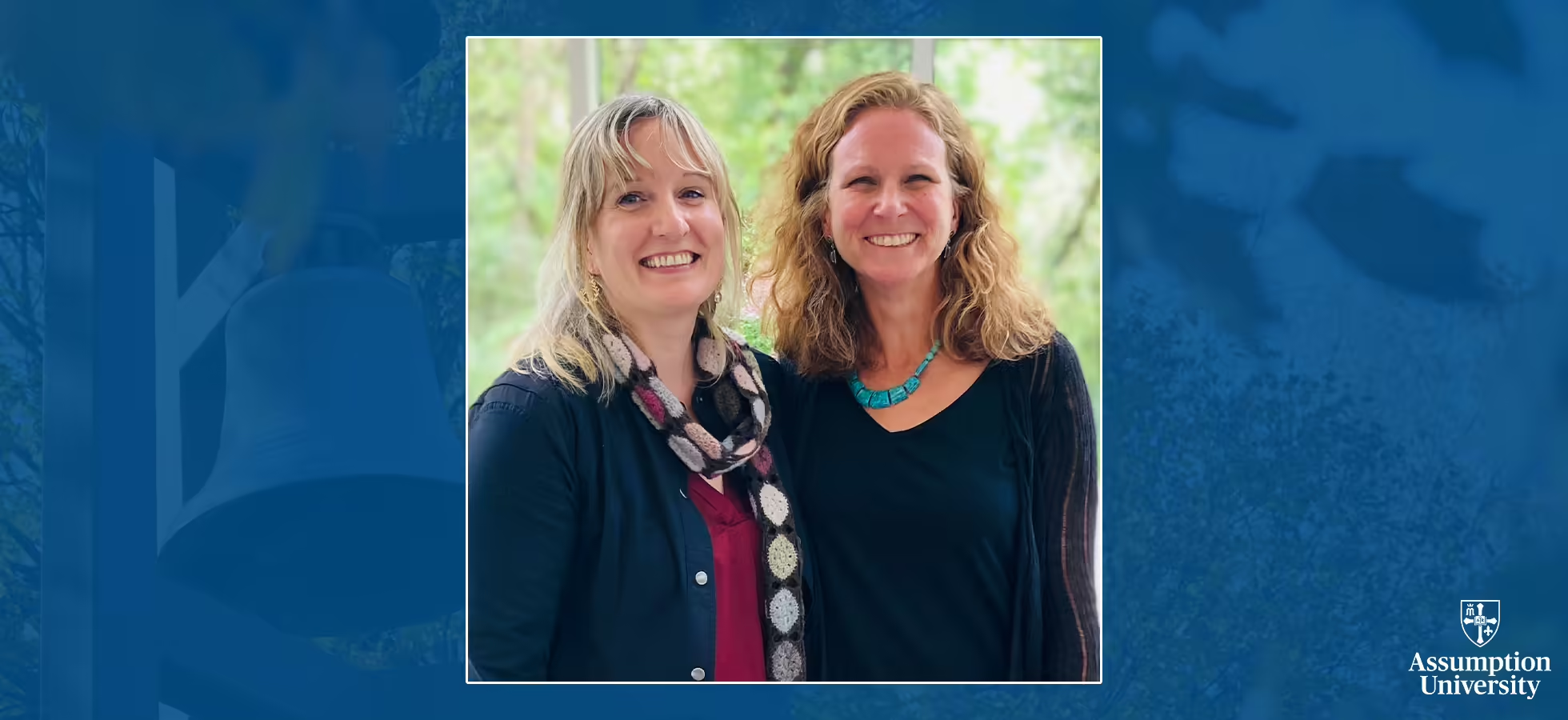Assumption Professor Michele Lemons Receives $496,000 NSF Grant to Help Grow STEM Workforce

Assumption University’s Dr. Michele Lemons, a professor of biology, has been awarded a $496,000 grant from the National Science Foundation (NSF). Lemons, who serves as co-Principal Investigator, is collaborating with Dr. Sarah Cavanagh, Principal Investigator and Senior Associate Director for Teaching and Learning at Simmons University’s Center for Faculty Excellence. This four-year project aims to revolutionize how feedback is used in undergraduate biology education, ultimately helping more students thrive in STEM fields.
The project originated at Assumption, where Lemons and Cavanagh launched their initial research in collaboration with Dr. Jim Lang, Professor Emeritus. Their work began with a one-year NSF incubator grant, which supported a nationwide survey on assessment, grading, and feedback practices in introductory biology courses at two- and four-year colleges. The survey revealed that many educators face challenges in implementing effective feedback practices, often due to time constraints, and that feedback is an area of teaching most in need of improvement.
Building on these findings, the new grant will allow Lemons and her team to create free, equity-focused tools and resources for educators nationwide. These tools aim to foster a supportive, growth-oriented feedback culture in STEM classrooms, addressing high attrition rates in STEM programs—especially among underrepresented groups.
“I’m excited that we’re focusing our efforts on the critical practice of feedback, a practice identified by our nearly 300 survey participants as one that is in most need of improvement,” said Lemons. “I’m eager to work with our network to promote an ecosystem of feedback that is supportive, timely, and actionable. We aim to frame feedback in an encouraging, growth mindset approach that is mindful of barriers that many instructors reported, the primary one being time.”
The project will grow an existing network of educators, develop feedback toolkits, and organize regional hubs that will offer events to instructors in close geographic proximity to further motivate and inform instructors of these feedback-enhancing resources. These efforts aim to create a lasting community of scholars dedicated to improving undergraduate biology education well beyond the grant’s timeline.
Lemons and her team are always looking to grow their network of educators. To learn more and to join in on this important research, click here.
